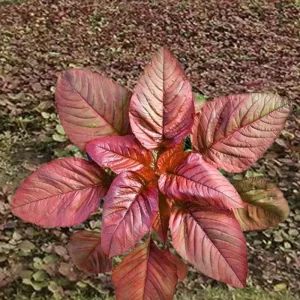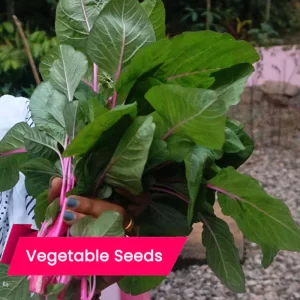
Growing spinach can be a rewarding experience, but sometimes, problems arise that can hinder your spinach plants’ growth and health. Here, we’ll explore some common issues spinach growers face and provide simple solutions to help your spinach thrive.
How to prevent Diseases
Spinach is susceptible to various diseases, such as downy mildew, powdery mildew, and fusarium wilt. These diseases can cause yellowing leaves, stunted growth, and overall plant decline.
Solution: To prevent diseases, practice good garden hygiene. Avoid overcrowding plants, as this can create a humid environment ideal for disease development. Rotate your crops yearly to prevent disease buildup in the soil. If you notice signs of disease, remove and destroy affected plants immediately to prevent further spread. Consider using disease-resistant spinach varieties to minimize the risk of infection.
How to control Pests
Common pests that target spinach include aphids, leaf miners, and slugs. These pests can damage leaves, stunt growth, and transmit diseases.
Solution: Monitor your spinach regularly for signs of pest infestation. Handpick aphids and slugs from plants and dispose of them. Use insecticidal soap or neem oil to control aphid populations. For leaf miners, remove and destroy affected leaves promptly. Creating physical barriers, such as copper tape, can deter slugs from reaching your spinach plants.

Nutrient Deficiencies
Spinach plants may suffer from nutrient deficiencies, particularly nitrogen, which can result in yellowing leaves and poor growth.
Solution: Ensure your soil is well-draining and rich in organic matter. Amend soil with compost or aged manure before planting spinach to provide essential nutrients. Consider fertilizing your spinach plants with a balanced fertilizer to address nutrient deficiencies. However, avoid over-fertilizing, as this can lead to nutrient imbalances and other issues.
